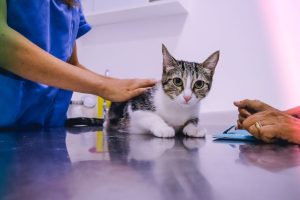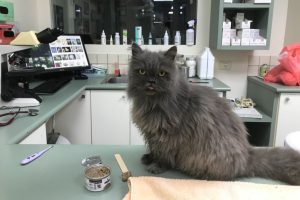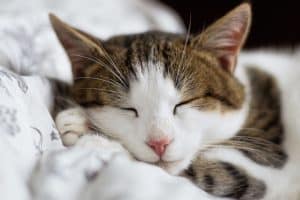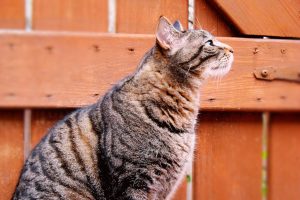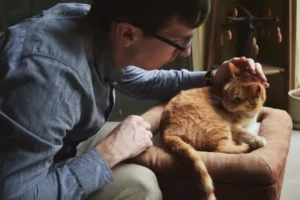Is your feline friend getting one too many shots? Over-vaccination might sound like a minor issue, but it could lead to a few health problems for your beloved pet.
In this blog post, we’ll delve into the potential risks associated with over-vaccination, how titer testing can help, and the importance of sticking to recommended schedules.
Plus, we’ll answer some frequently asked questions to help you make informed decisions about your feline friend’s wellbeing.
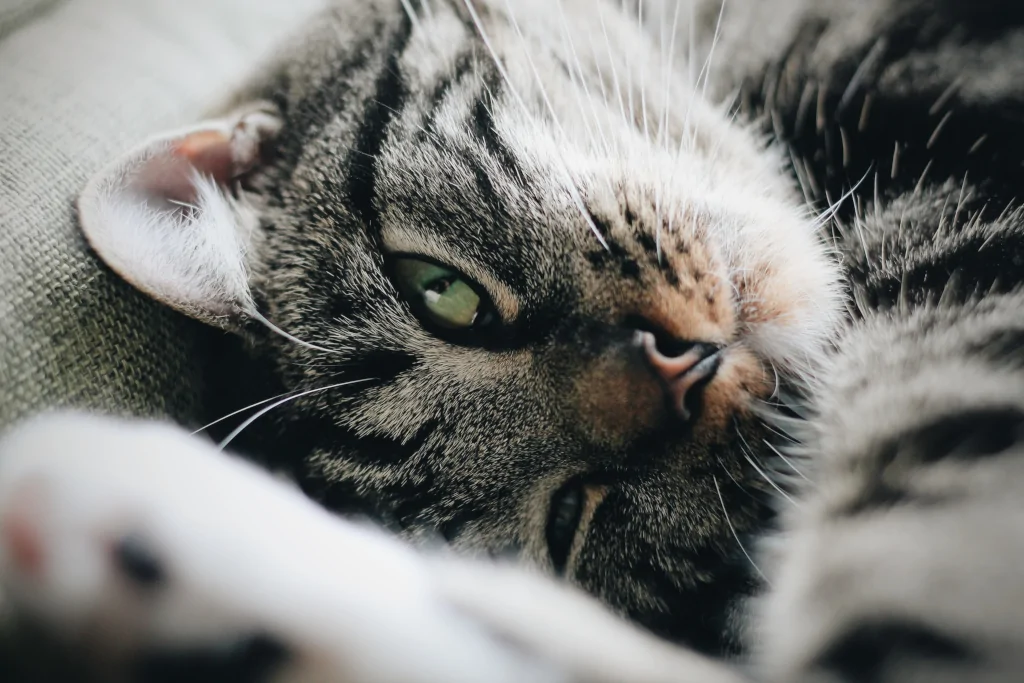
What’s the Fuss About Over-Vaccination?
Over-vaccination has become a growing concern among pet owners, as it can potentially harm your cat’s health.
While it’s tempting to believe that “more is better,” when it comes to vaccines, a tailored approach is paramount. Every additional shot doesn’t necessarily mean extra protection.
Vaccines play a crucial role in preventing serious diseases, but administering them too frequently may lead to side effects and even long-term issues.
Remember, the objective isn’t just to prevent disease but also to ensure the overall well-being of our feline companions. An over-vaccinated cat may face more health challenges than one on a balanced schedule.
The key here is to find a balance between protecting your cat from illnesses and avoiding unnecessary vaccinations. Remember, every cat is unique, and what works for one might not be ideal for another.
What Can Go Wrong With Too Many Vaccines?
While vaccines are essential for your cat’s well-being, giving too many can cause complications. Here are a few issues that may arise from over-vaccination:
- Adverse reactions. Just like humans, cats can experience side effects from vaccines. These can range from mild symptoms like soreness at the injection site to more severe reactions such as fever, vomiting, and difficulty breathing.
- Immune system issues. Over-vaccination can lead to a weakened immune system, making your cat more susceptible to infections and diseases.
- Vaccine-associated sarcomas. In rare cases, over-vaccination may result in the development of aggressive tumors at the injection site, known as vaccine-associated sarcomas.
- Unnecessary stress. Frequent vet visits and injections can be stressful for your cat, affecting their overall quality of life.
Remember that these risks are generally rare, and the benefits of vaccination far outweigh the risks. However, it’s crucial to ensure that your cat is only receiving the vaccines that they need, and not more than necessary.
By understanding the potential risks associated with over-vaccination, you can make informed decisions about your cat’s health and ensure they receive the appropriate level of protection.
How Does Titer Testing Help Avoid Over-Vaccination?
Titer testing is a valuable tool that can help you and your vet determine if your cat needs a specific vaccine or not.
This blood test measures the level of antibodies in your cat’s system, which are proteins produced in response to a previous vaccination or exposure to a particular disease. High antibody levels usually indicate that your cat is still protected and may not require a booster shot.
By using titer testing, you can avoid unnecessary vaccinations and reduce the risk of over-vaccination.
It’s a more personalized approach, taking into account your cat’s individual immune response, rather than following a one-size-fits-all vaccination schedule.
However, it’s essential to discuss titer testing with your vet, as it may not be suitable for every vaccine or situation. Together, you can make informed decisions to keep your cat healthy and well-protected.
Sticking To Recommended Vaccination Schedules
Finding the right vaccination schedule for your cat is crucial for their health and well-being. Regular check-ups with your veterinarian are important for monitoring your cat’s health and identifying any potential issues early on.
Veterinarians typically recommend a core set of vaccines for all cats, such as feline panleukopenia, feline herpesvirus, and feline calicivirus. These core vaccines provide protection against common and severe diseases.
Non-core vaccines, like feline leukemia or feline immunodeficiency virus, are optional and depend on factors like your cat’s lifestyle, age, and risk of exposure. Be sure to discuss these options with your vet to tailor a vaccination plan that suits your cat’s needs.
Bear in mind that sticking to the schedule not only protects your cat but also helps prevent the spread of diseases among the feline community. Think of vaccination as a community service. When most cats are protected, even the few who aren’t benefit from reduced exposure.
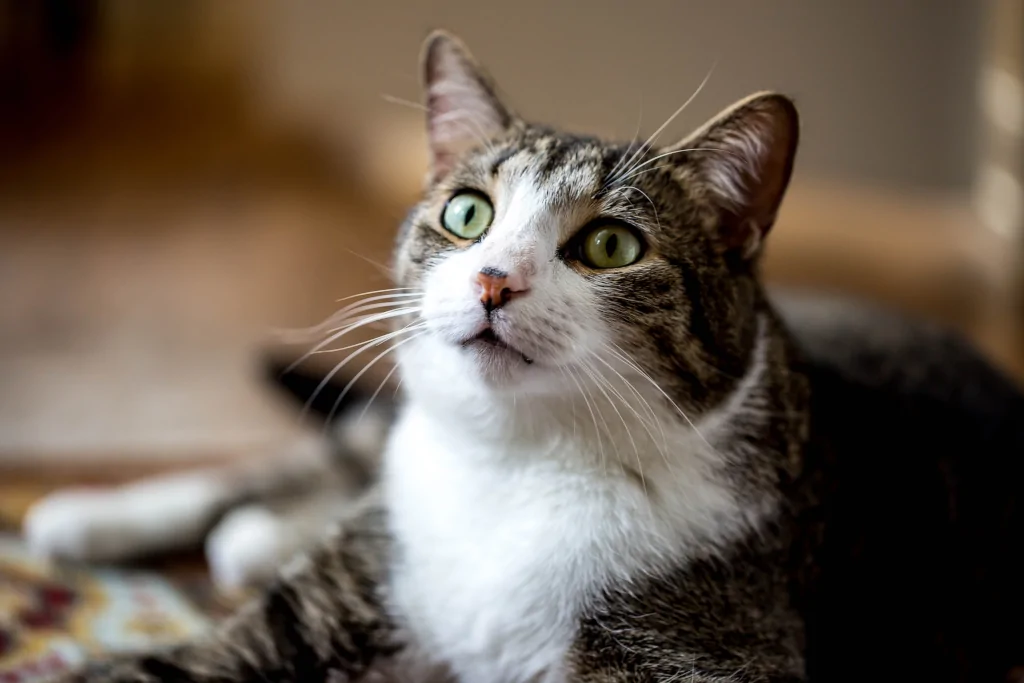
Chatting With Your Vet About Your Cat’s Needs
An open line of communication with your vet is essential in determining the best vaccination approach for your cat.
During your visits, be prepared to share information about your cat’s lifestyle, indoor or outdoor living situation, and any previous health issues. These details can help your vet make informed recommendations.
Don’t hesitate to ask questions about the vaccines, possible side effects, and alternative options such as titer testing. A well-informed cat owner is better equipped to make decisions about their feline friend’s health.
Trust your vet’s expertise, but remember that you have a responsibility to advocate for your cat’s best interests.
Remember, every cat is unique, and what works for one may not be suitable for another.
By sticking to recommended vaccination schedules, using titer testing to avoid unnecessary vaccinations, and communicating openly with your vet, you can keep your cat healthy and well-protected at all times.
FAQs
Are all cats at risk of over-vaccination?
While any cat can be over-vaccinated, risks vary based on individual factors, such as age, health, and lifestyle.
Can I refuse a vaccine for my cat?
You can discuss concerns with your vet and make decisions based on your cat’s needs, but certain vaccines are essential for their health. These are core vaccines that almost every pet owner should not refuse.
Can over-vaccination lead to long-term health issues?
Over-vaccination may cause long-term health issues in some cats, making it crucial to follow recommended vaccination schedules.
Are some cat breeds more sensitive to over-vaccination?
While sensitivities may vary, there is no conclusive evidence that specific breeds are more susceptible to over-vaccination risks.
Alex, a passionate animal lover, has experience in training and understanding animal behavior. As a proud pet parent to two dogs and three cats, he founded AnimalReport.net to share insights from animal experts and expand his knowledge of the animal kingdom.

